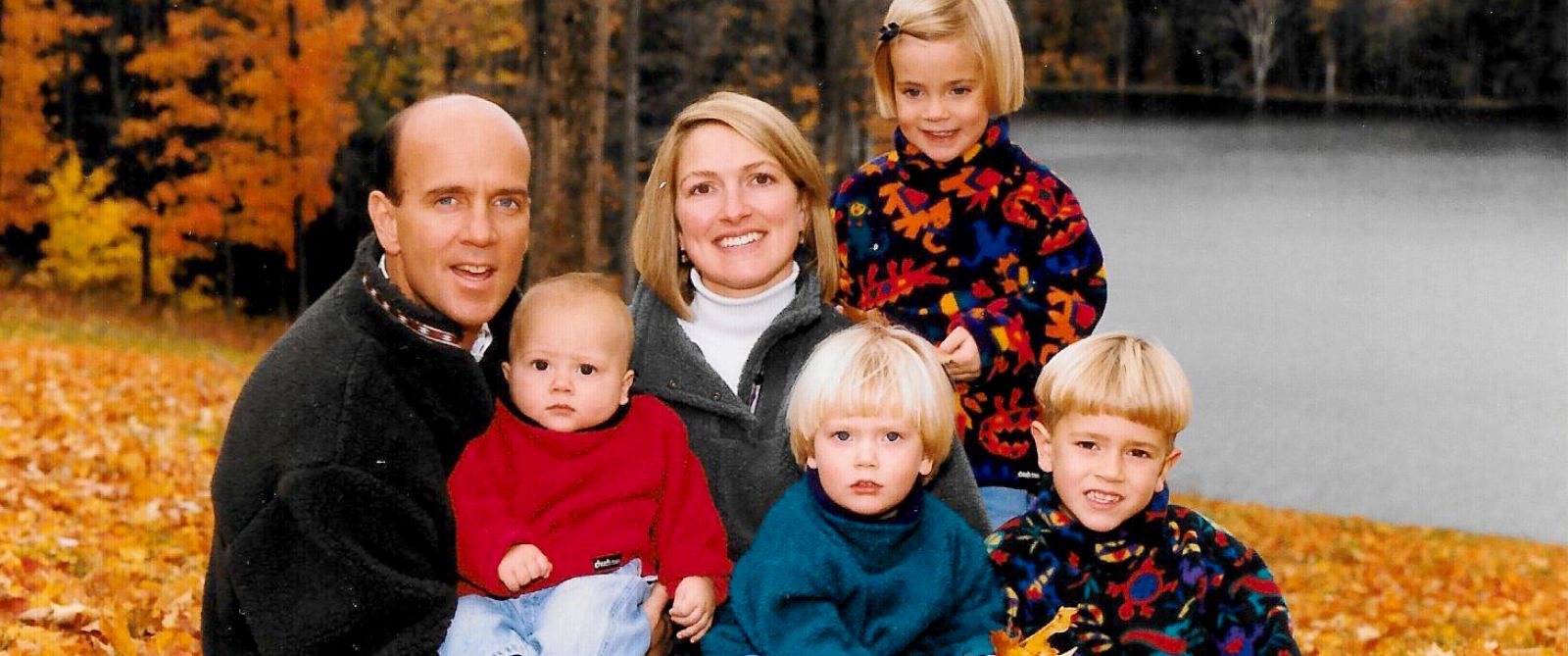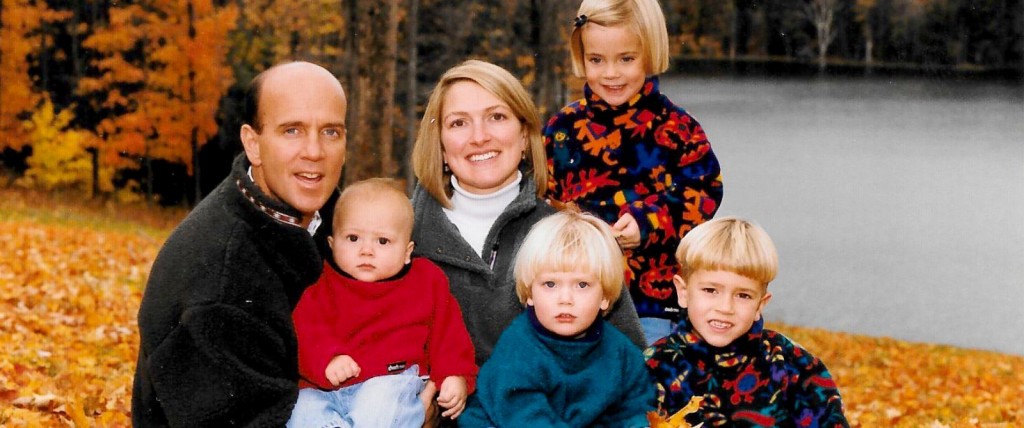15 years, 4 trials: NY husband tried for wife’s murder again

For the fourth time since Michele Harris disappeared in 2001, her estranged husband Calvin Harris will go on trial for murder in upstate New York. Prosecutors have persisted through overturned convictions and a mistrial in a high-profile case with no body, no weapon and — after 15 years — no resolution.
Jury selection for the fourth trial is scheduled to start Monday in a court in Schoharie, New York.
Here's a look at the case and its winding history:
MICHELE HARRIS MISSING
Michele Harris' empty minivan was found the morning of Sept. 12, 2001, with the keys still in the ignition at the end of her and her husband's long driveway.
Prosecutors argue Calvin Harris killed his 35-year-old wife when she came home the previous night to the secluded Southern Tier estate they still shared with their four young children. He was wealthy from his family's car dealerships and court papers say he told people she would not get half his business as divorce loomed. Defense lawyers claim authorities overlooked likely murder suspects she met during the freewheeling life she led as her marriage broke up.
THE TRIALS OF CALVIN HARRIS
Prosecutors presented evidence of blood stains in the home but relied on a largely circumstantial case to convince a jury in 2007 that he was guilty of second-degree murder. That conviction was set aside when a new witness potentially helpful to the defense belatedly came forward. A second guilty verdict in 2009 was overturned based on trial-court errors. Jurors in the third trial last year failed to reach a verdict after 11 days of deliberations. This will be the second consecutive trial held in rural Schoharie, more than 100 miles from the town of Spencer where the headline-grabbing case played out.
DEFENSE ON OFFENSE
The judge in the last trial barred defense attorney Bruce Barket from introducing evidence that two workers in the area from Texas were involved in Harris' death. Barket is again seeking permission from the new judge to introduce that evidence. The defense team said they excavated new, "corroborative" evidence from a burn pit once owned by one of the Texans, including charred fabric and a possible bra strap.
"When this whole story is told, this will be one more rung on the ladder, the top of which we are not at yet," Barket said.
District Attorney Kirk Martin would not comment for this story. Authorities have previously said they eliminated the other suspects during the investigation.
The judge is expected to make a decision on Barket's request soon.
PERSISTENT PROSECUTION
It's not unheard of for prosecutors to persevere after mistrials or overturned guilty verdicts, especially in homicide cases. In Mississippi, Curtis Flowers was sentenced to death in 2010 after his sixth trial for a quadruple killing at a furniture store 14 years earlier.
But the sequence that led to four trials for Harris is highly unusual, said Hermann Walz, a New York City criminal attorney who is an adjunct professor at John Jay College of Criminal Justice. Walz said both prosecution and the defense attorneys can benefit in trial do-overs by patching holes in their presentations.
Barket, presenting the case for his second time, likens it to the NFL's Giants and Cowboys — opponents who play each other twice a season with varying results.
"This is kind of like that: same people, same evidence, same abilities, same everything," he said. "How's it going to play out this time? Well, we'll see."
Политика конфиденциальности | Правила пользования сайтом








